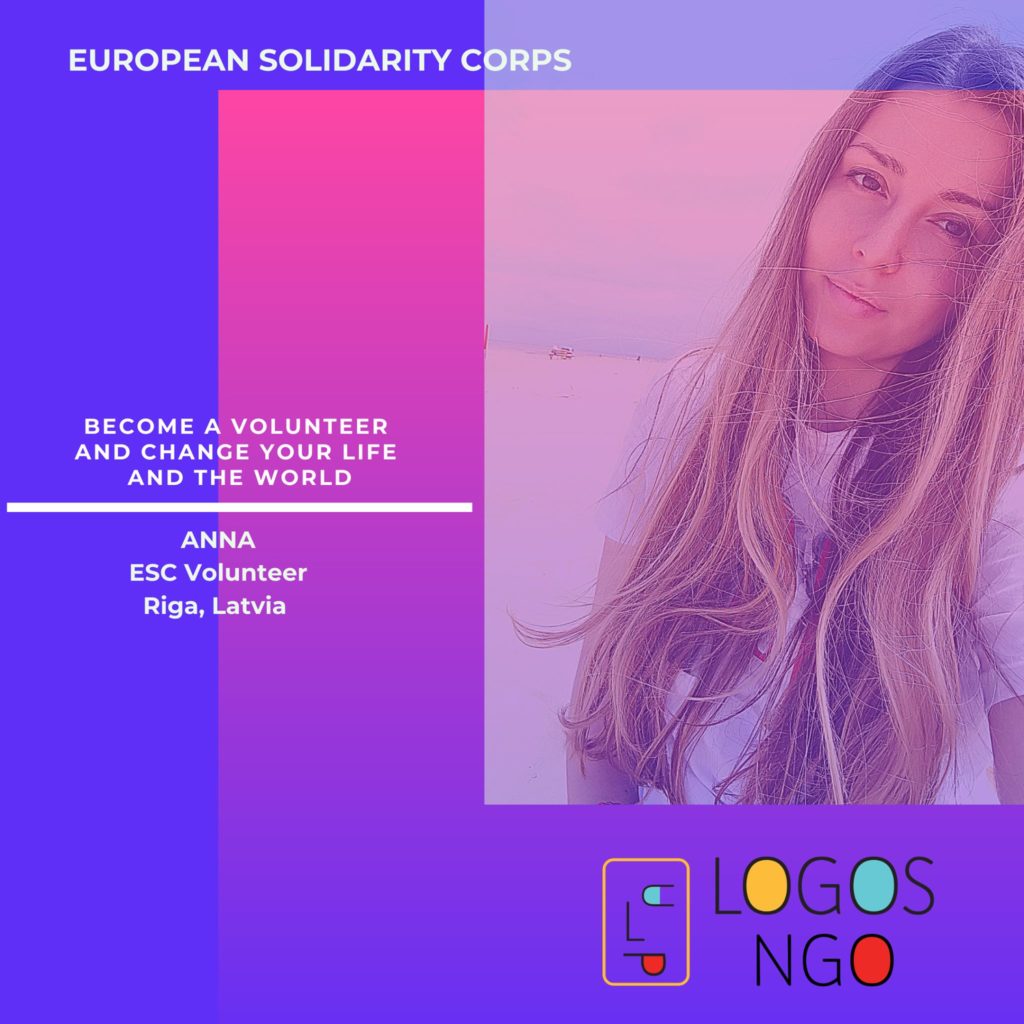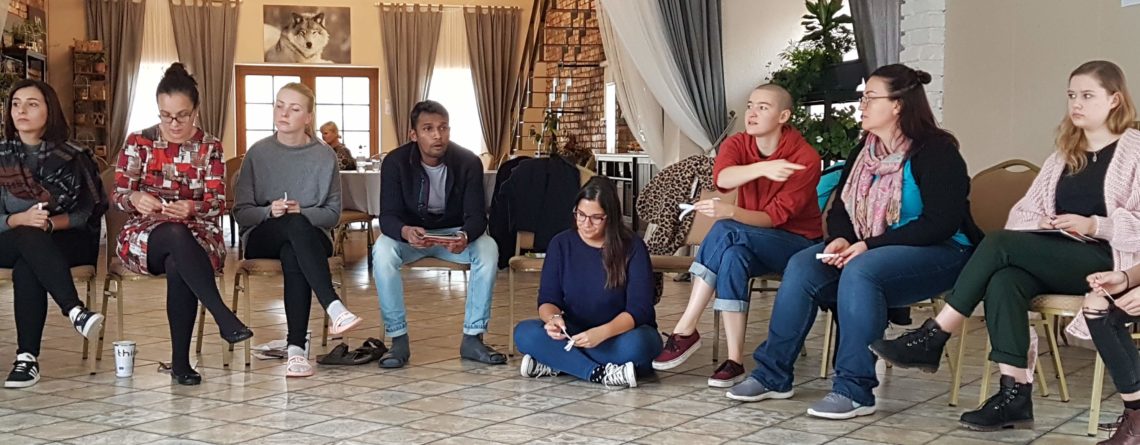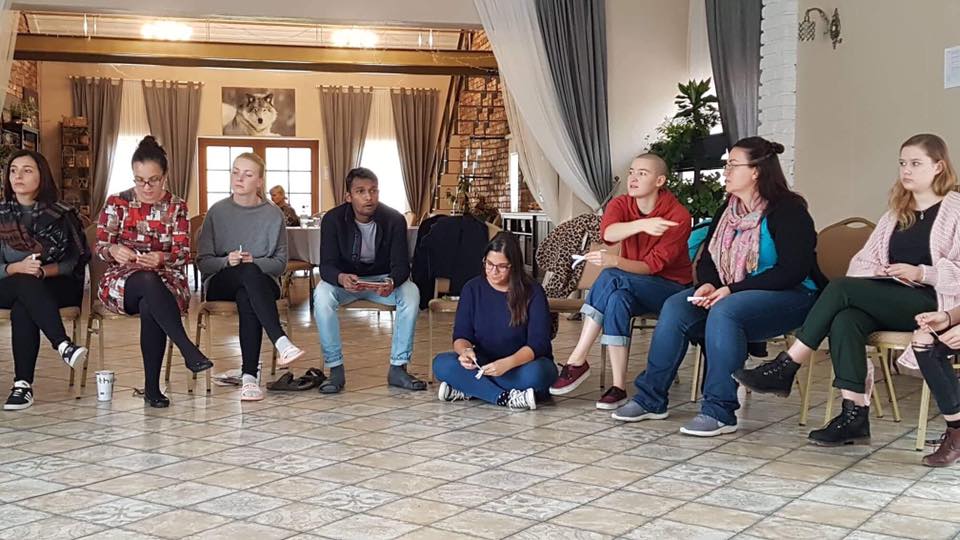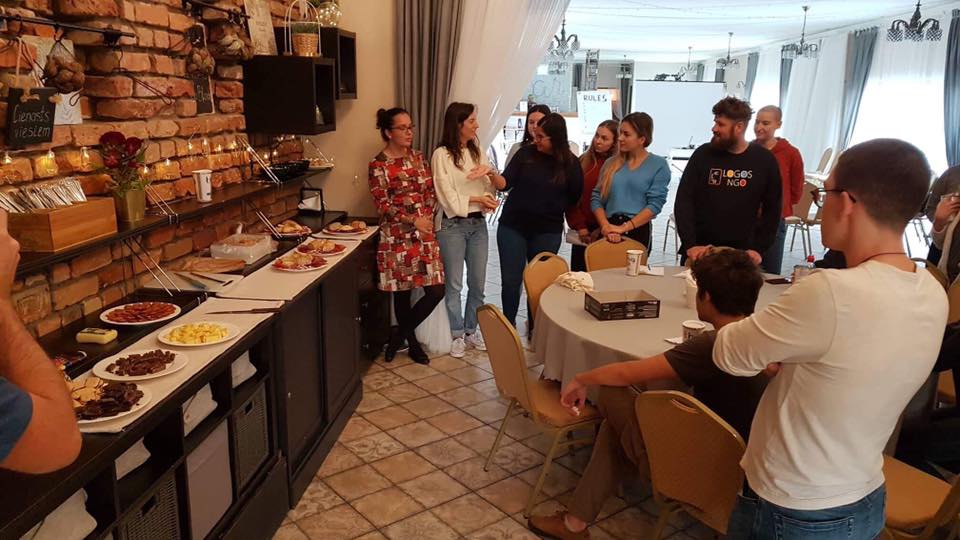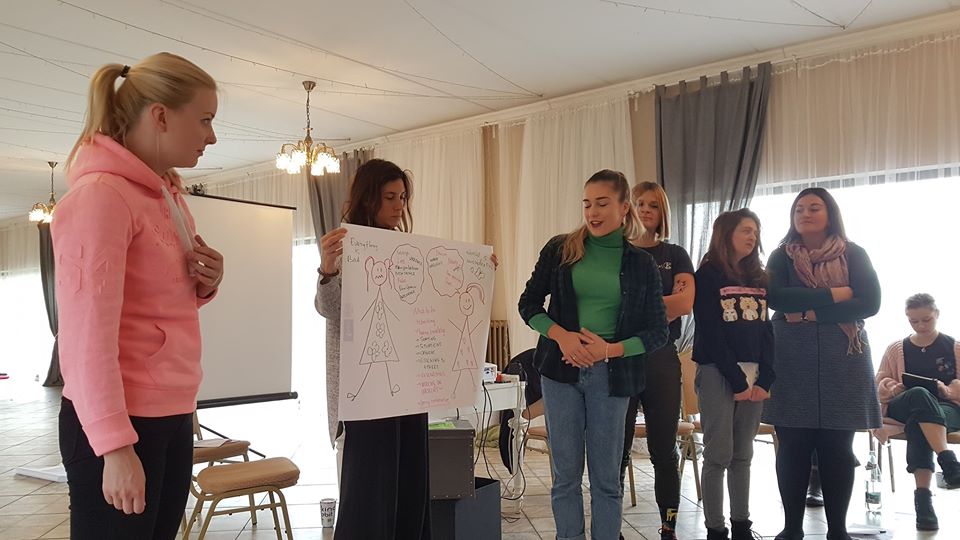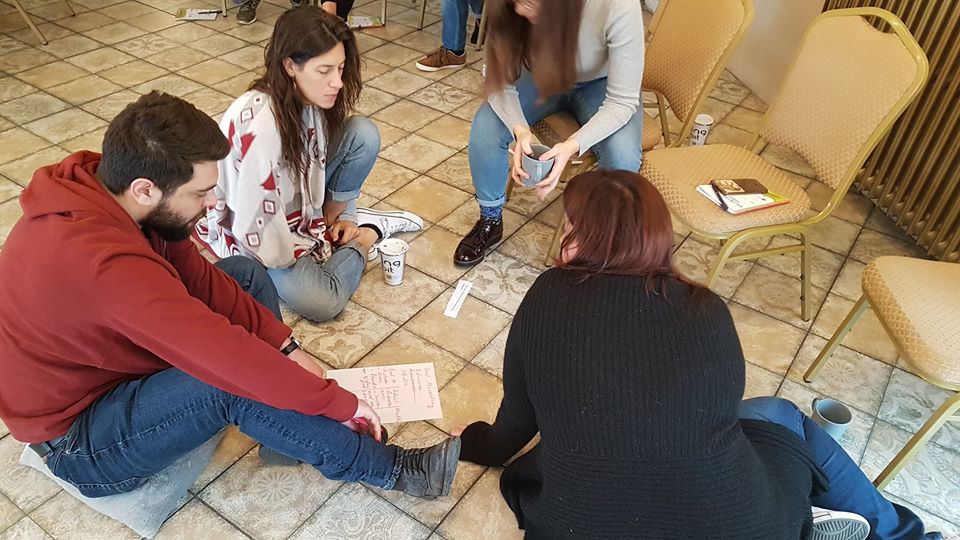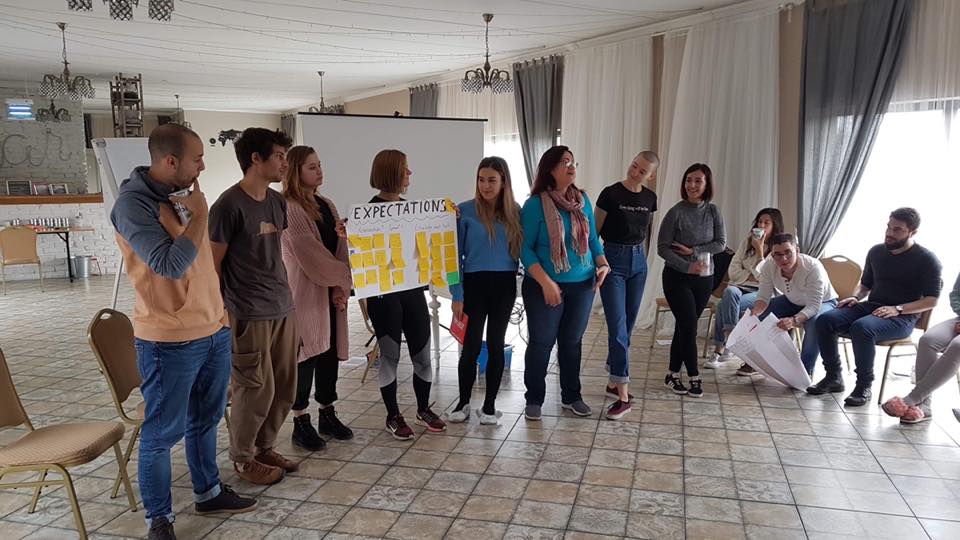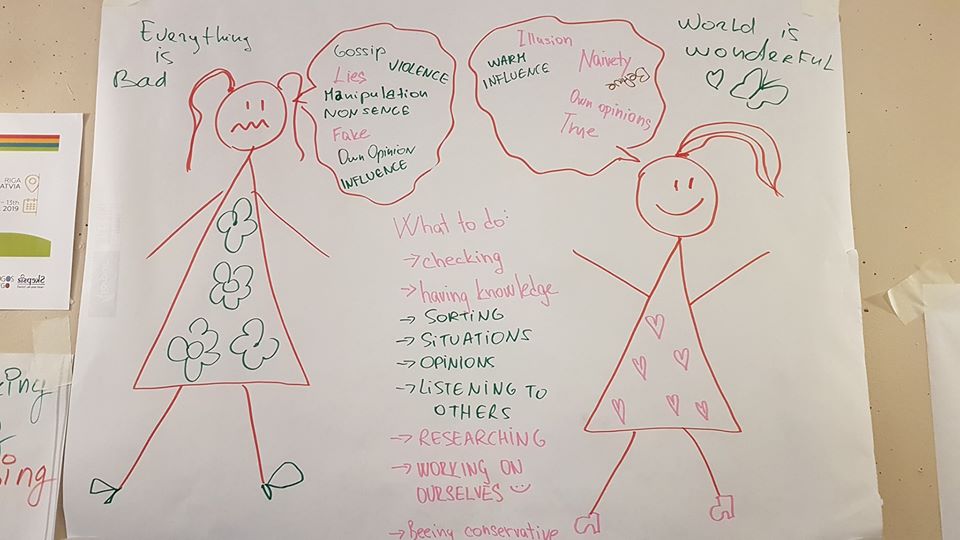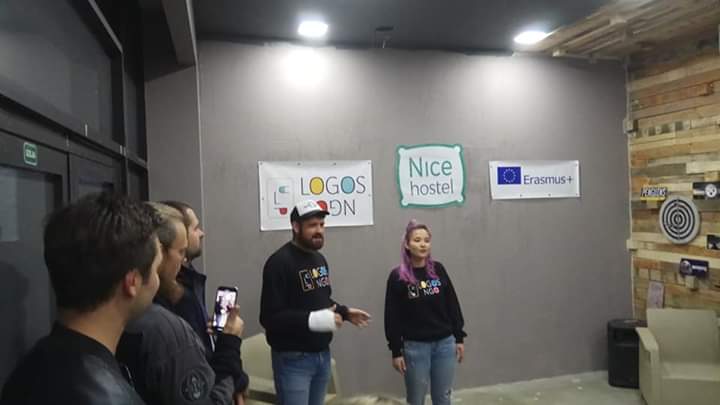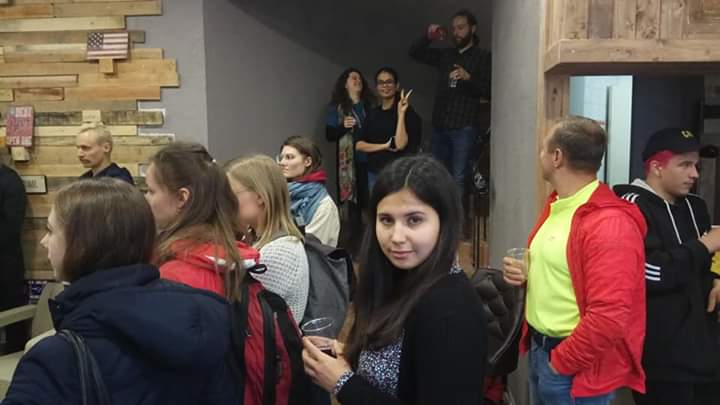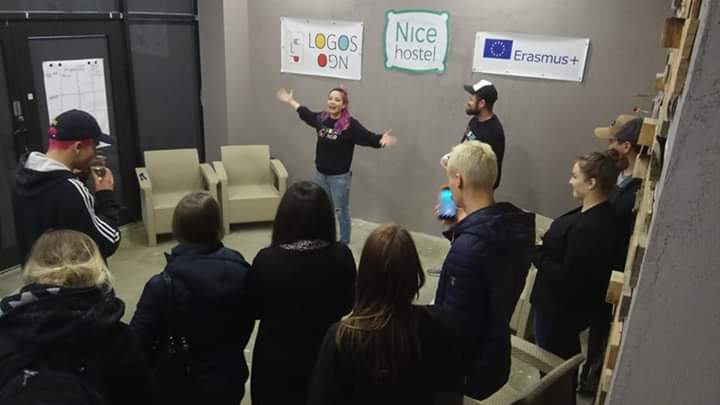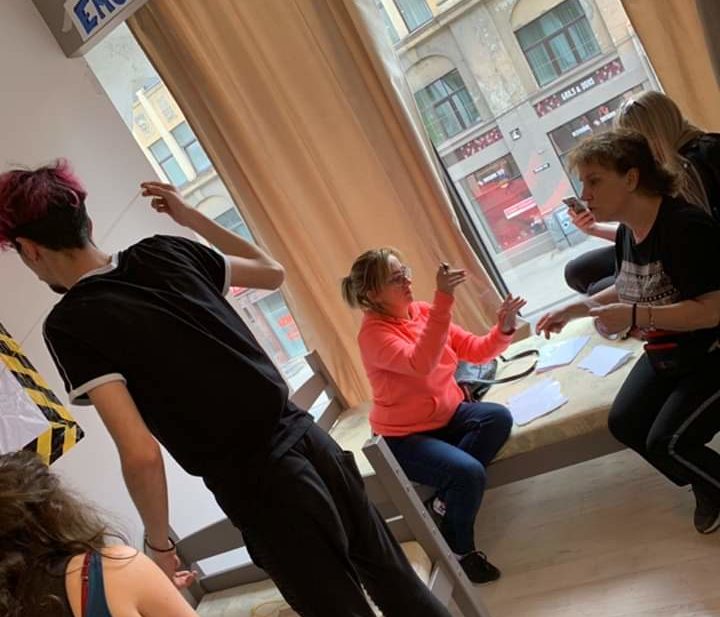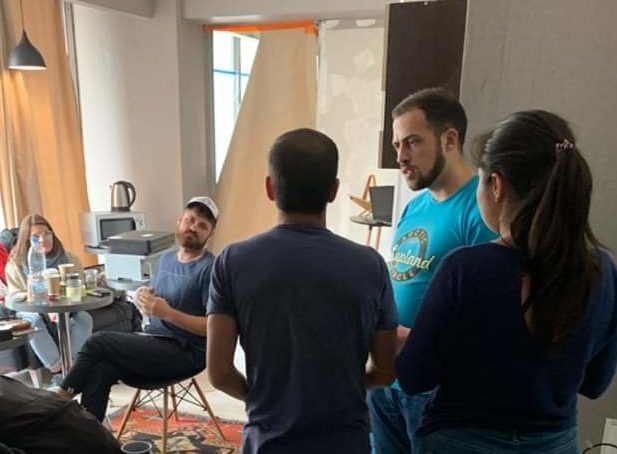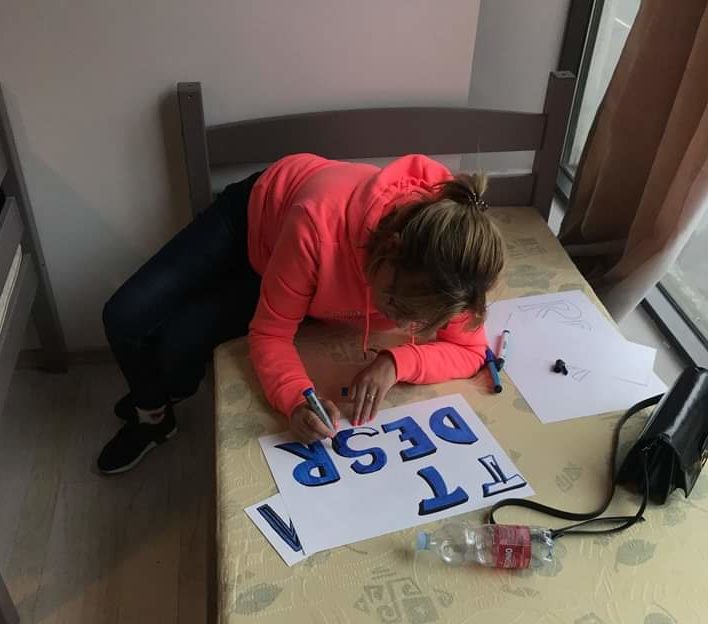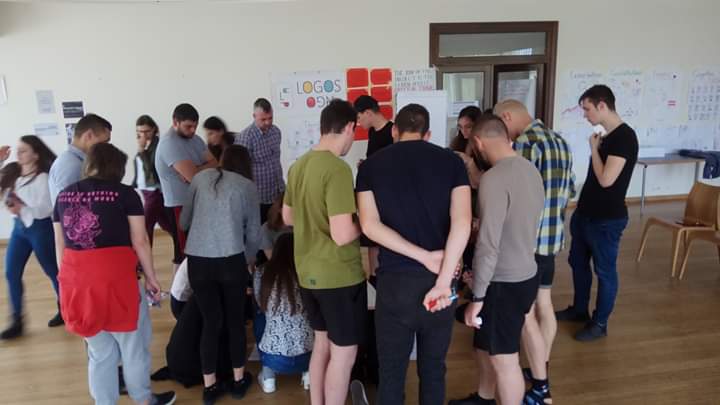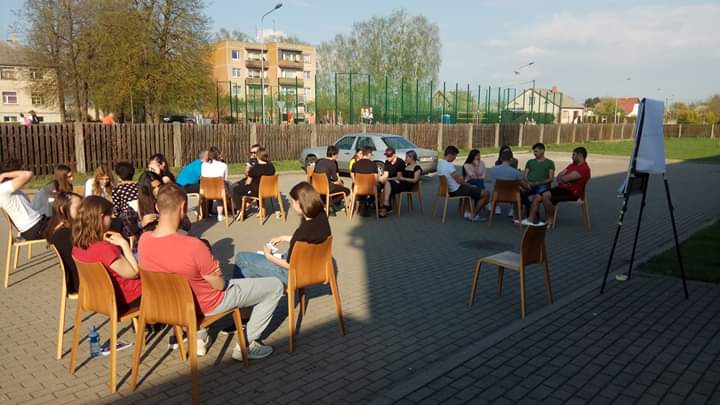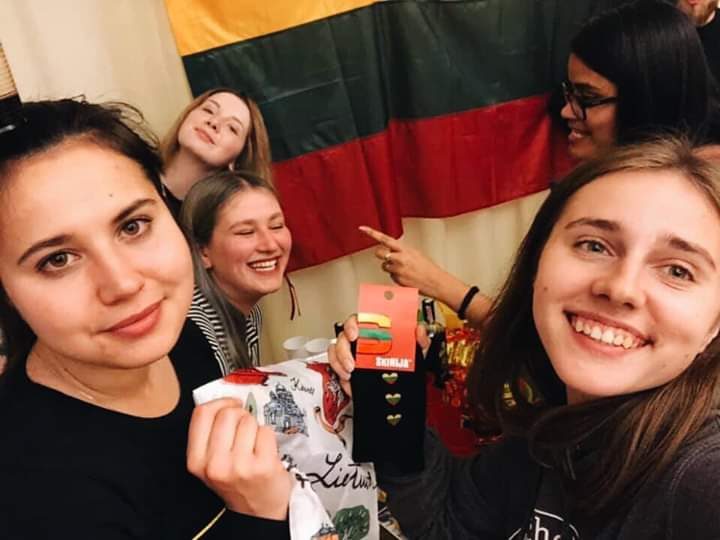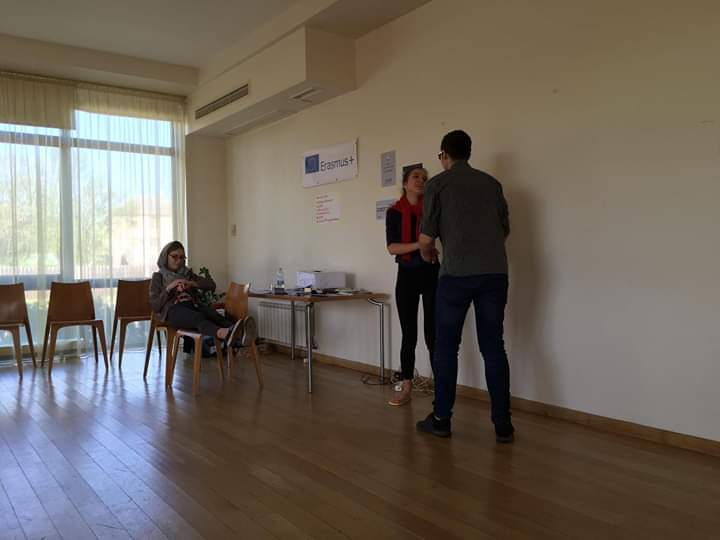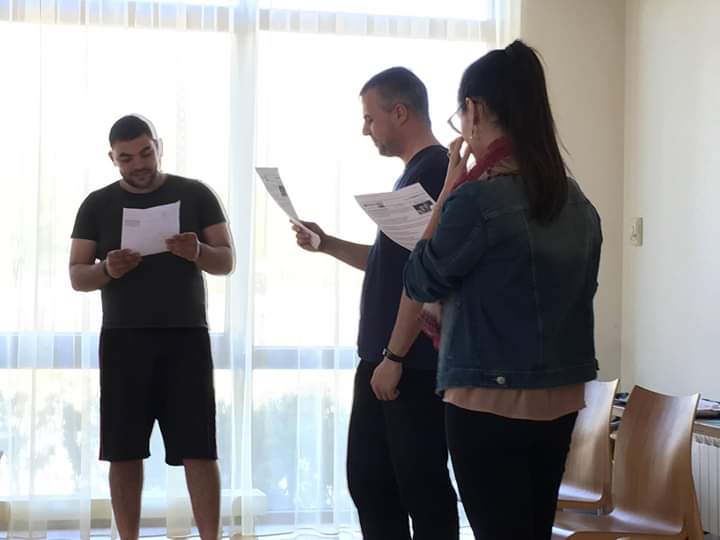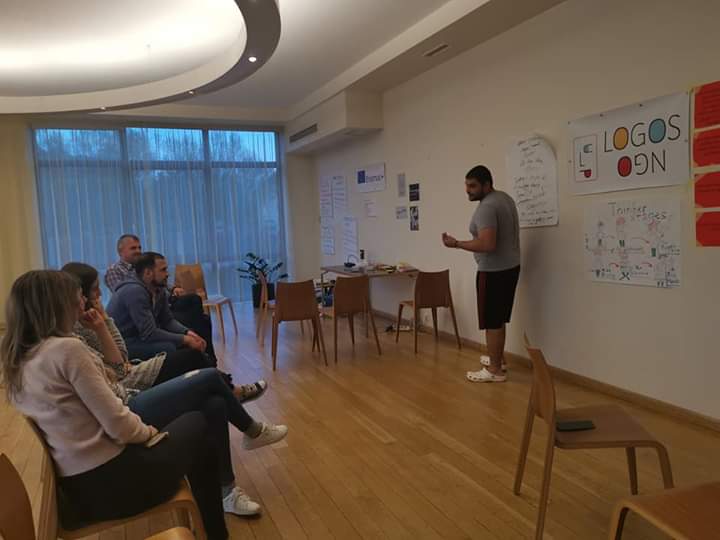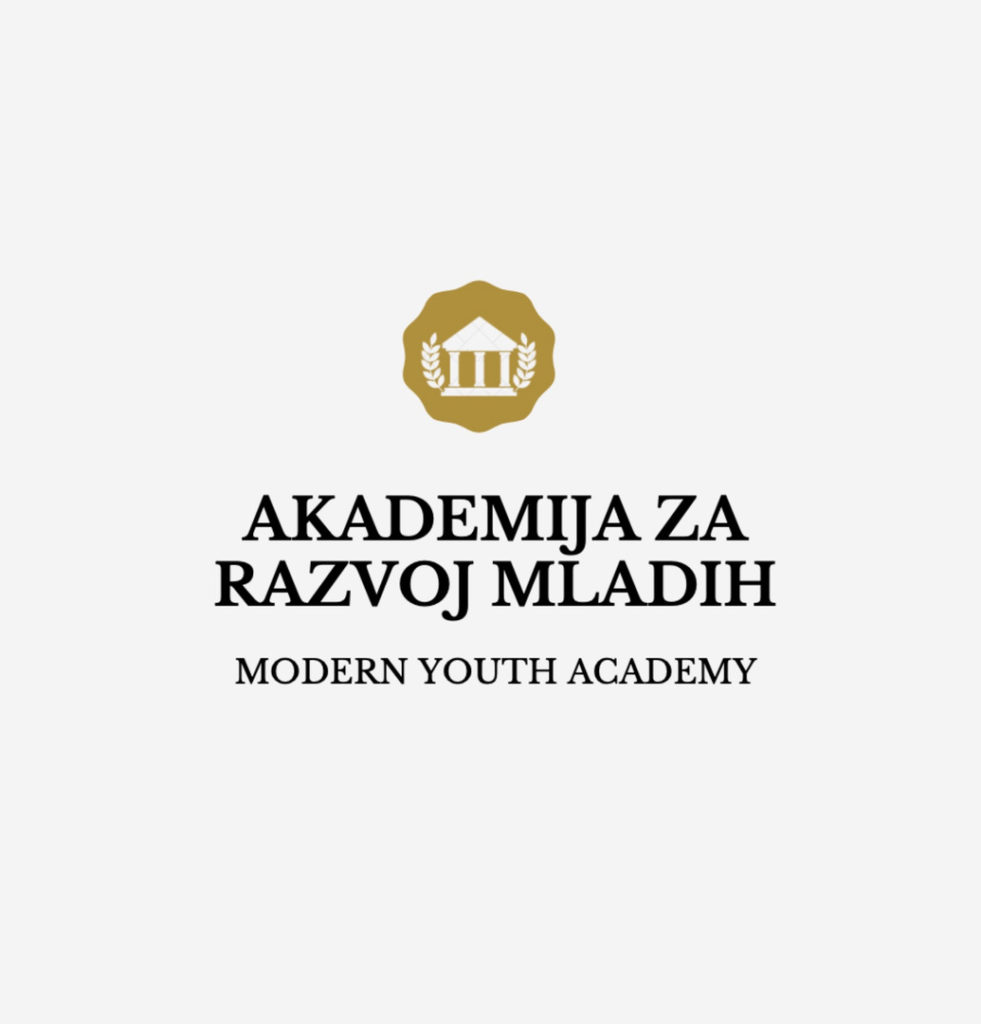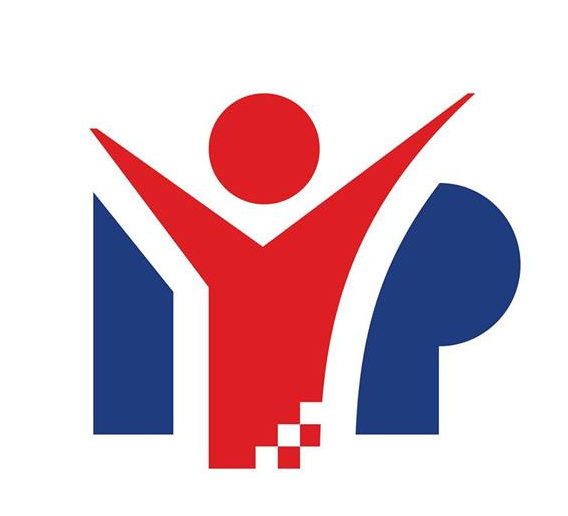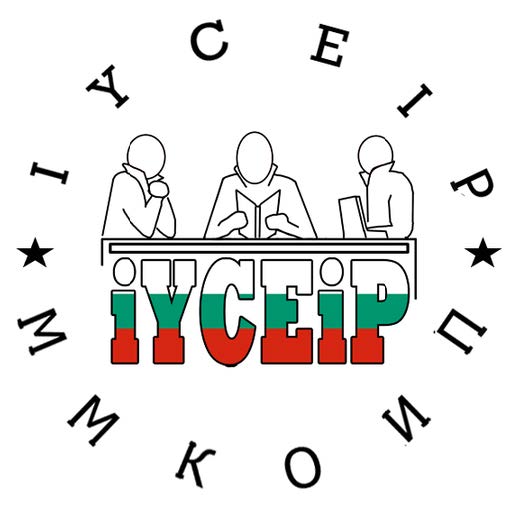ESC stories. Anna Kuzmuk
Hi everyone 🙌
My name is Anna and I started my volunteer adventure on the 1st of July this year (2020) 🌍
Two weeks ago, I became a part of a European Solidarity Corps project in Riga, Latvia! And my life changed forever🤘 A new country, a new city, a new language, new friends and a new me 😃
I'm just getting started on my volunteer journey, but I really like it and I'm happy that I made up my mind 😉
During the project, I am working as a volunteer with the youngsters from the Riga Municipal Children's and Youth Center. The main tasks include individual activities, non-formal education and creative workshops, sport activities workshops and etc. 🌅🧘🏻♀️📚🌿
Volunteering is not only helping others but also you can upgrade yourself. Volunteering can help you make friends, learn new skills and advance your career 🔝
Now we have a football tournament between Riga Municipal Children's and Youth Centers. I'm rooting for youngsters with all my heart 💚 Healthy lifestyle, respect and fair play these are the basic concepts that we want to convey to the youngsters through the sport activities - football games ⚽
Become a Volunteer and Change your Life and the World ✌️
